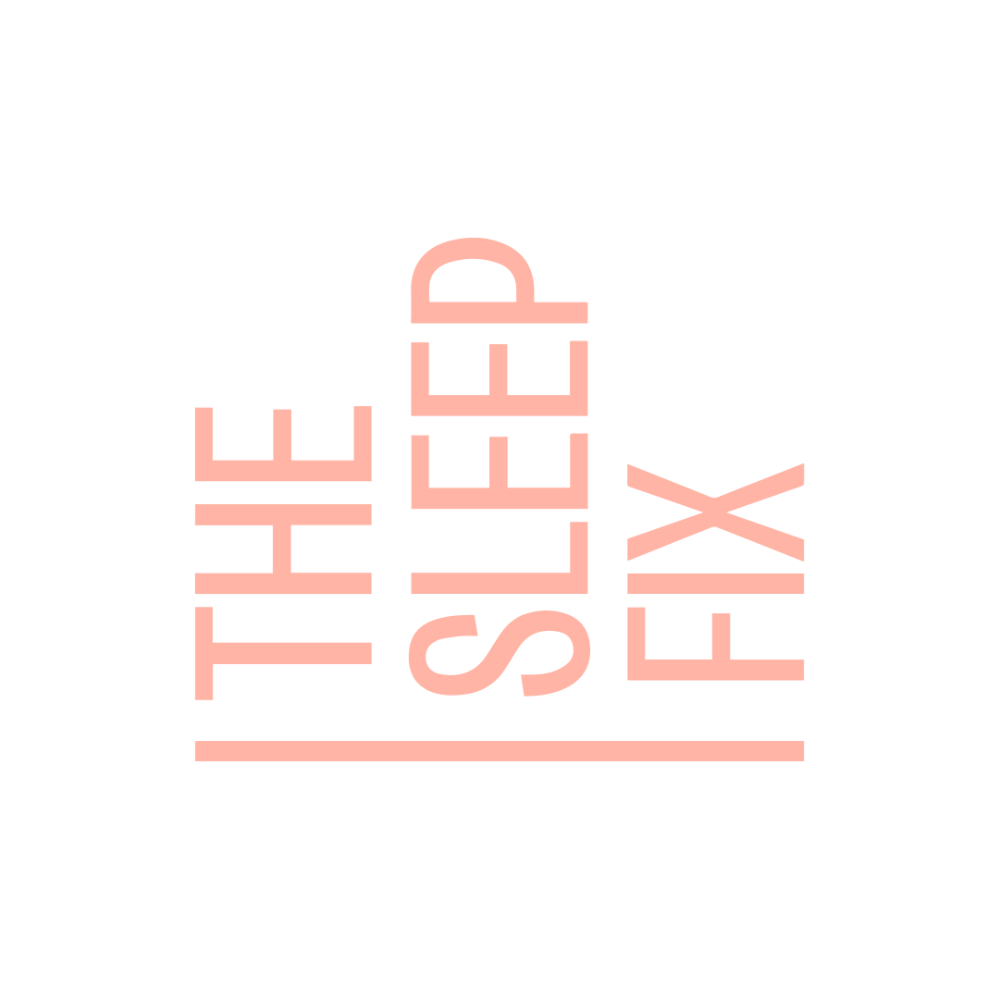If you're searching for natural sleep aids to help kick your insomnia, you have to look no further than your own kitchen.
You've probably heard that you shouldn't eat within 3 hours of bedtime in order to sleep well.
But does eating before bed actually affect sleep?
Yes, but there's a big catch to this typical sleep hygiene tip: some of us have a hard time sleeping on an empty stomach.
So let's break this down and explore a few ways food can affect your sleep.
How does eating before bed affect your sleep?
A large meal before bed can hurt you sleep quality for three main reasons.
- your body has to work to digest all that food, which makes it hard for it to simultaneously fall asleep
- all that work raises your core body temperature, the opposite of slight drop in core temperature that fosters good sleep
- a late meal can also cause acid reflux because your body's using stomach acid to digest that food while you are lying down. That makes it easy for the acid to travel up the esophagus, which among other things can negatively impact your sleep.
But here's the catch...
There are two huge caveats to this that are often ignored:
- Some of us (like me) can’t fall asleep or stay asleep if we go to bed hungry.
- Carbs can actually help you sleep better!
How do carbs impact sleep?
Carbs help tryptophan become serotonin which makes you feel good and melatonin which makes you feel drowsy.
This can be especially helpful for people with insomnia because it helps to counter the high cortisol levels you likely struggle with at night.
So, if you have trouble sleeping, try eating protein-heavy meals earlier in the day to build up that tryptophan.
Then have complex carbs as part of your dinner or bedtime snack so you can capitalize on that food coma feeling as you head to bed.
What to do if you can't fall asleep on an empty stomach
An empty stomach can lead to elevated cortisol levels, making you feel mentally alert, and can also keep you awake with hunger pains.
If this sounds like you, consider having a light, sleep-friendly snack 1-2 hours before bedtime.
Here are three of my personal favorites:
- whole wheat/multigrain toast with butter
- a bowl of whole grain cereal with almond milk
- plain oatmeal with a pinch of salt and a little honey or applesauce
What are you used to?
Research has also shown that how a late night snack impacts sleep may depend on your usual eating habits.
A
1980 study found the less a person was used to eating near bedtime, the more their sleep was impaired by having nourishment before bed.
On the other hand, the more a person was used to eating near bedtime, the more their sleep was impaired by NOT having any nourishment before bed.
So if you struggle to sleep, consider if a nighttime snack might help.
And if you're already used to a nighttime snack, rather than eliminating it — as so many recommend — you might be better off focusing on eating the right bedtime snack, at least to start.








